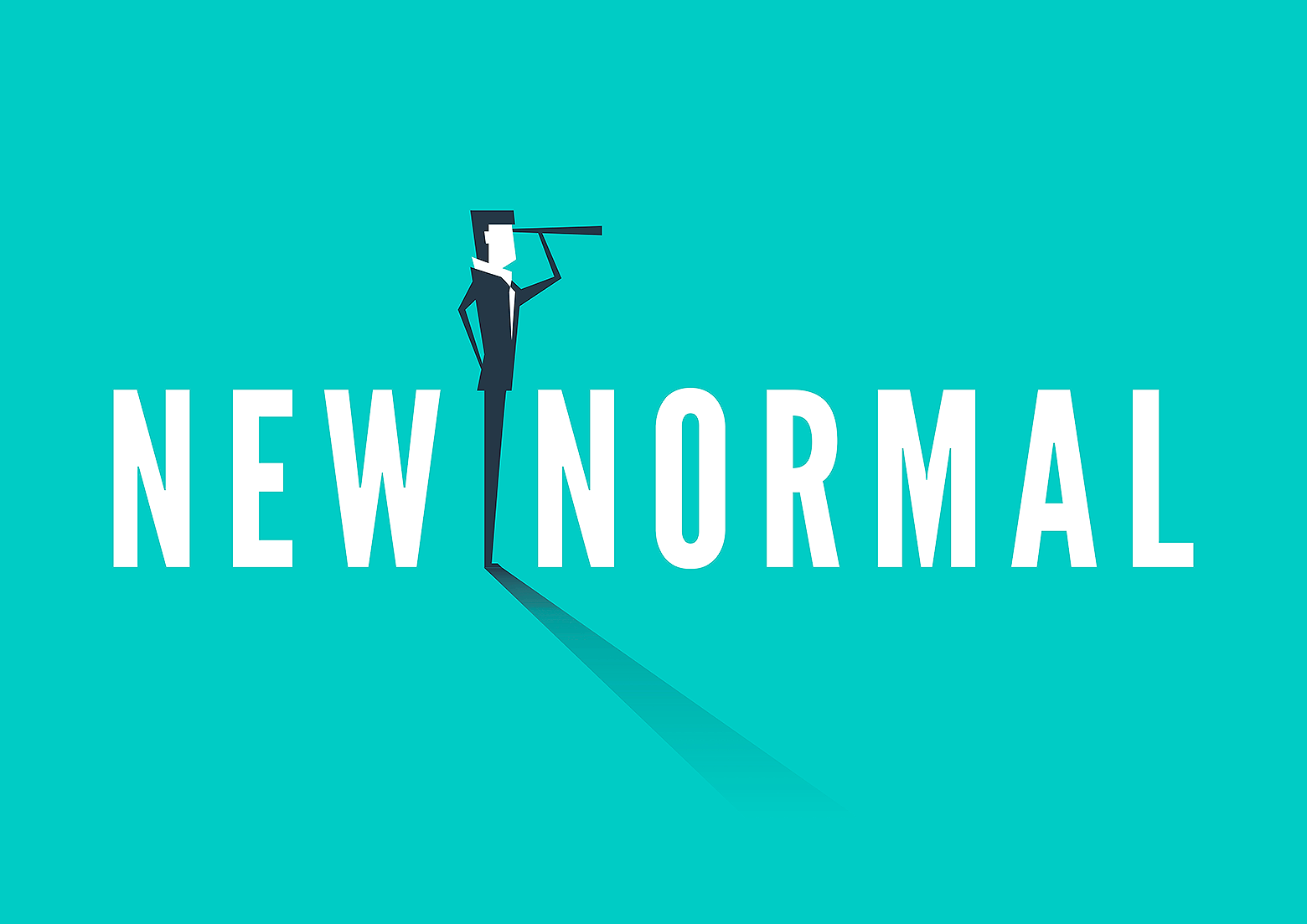What to expect in the Peer to Peer market as European economies reopen
3 min to read PrintAs governments across Europe start developing plans to gradually reopen societies and economies to emerge from the CoVid-19 health crisis, the Peer to Peer (P2P) industry appears to be at a crossroads.
 © inueng / DEPOSITPHOTOS
© inueng / DEPOSITPHOTOS While there are some doomsayers, mostly with vested interests in the traditional banking sector, who predict that the industry is in for a hard time, those on the inside believe that P2P is ready to seize the moment and go mainstream.
«With stock markets expected to remain volatile for some time, especially as the USA looks set to suffer more from the crisis than anywhere else, and interest rates in the banking sector remaining low, consumers will look for value elsewhere,» says Maxim Pashchenko, President & Founder of P2P platform Nibble, part of IT Smart Finance.
«An investment product that gives them 10% or more returns over a short period is undoubtedly an attractive proposition»
The short-term outlook
There is no doubt that the crisis has had a profound effect on the P2P industry, just as it has on almost all others. In the initial weeks and months of the outbreak, as governments enforced lockdown measures, many platforms experienced mass withdrawals and saw investor numbers remain static or shrink.
The uncertainty about the future naturally made many people extremely cautious and investors adopted a wait-and-see approach.
Now, as economies gradually ease back towards at least some form of normality, there is an expectation that many investors will return, and that a new wave of investors will follow them.
Despite some platforms going out of business during the crisis, those that weathered the storm may just have finally proven their viability to many who still doubted the industry.
«Unlike the stock market, the P2P sphere has a built-in safety mechanism, in that, even when investors try to panic-sell during a crisis, they are mostly incapable of doing so at a huge loss. In addition, the fact that it takes time to sell an entire, diversified P2P portfolio means the market is protected from the sort of emotional sell-off that hits stocks so hard in times of panic,» says Maxim Pashchenko.
Investors who keep faith in the market are set to be rewarded as the economy gets back on its feet.
According to Neil Faulkner of P2P research firm 4thway: «This is the time when the P2P lending industry will prove that direct money lending is a very solid investment, providing stable results compared to the stock market, shared more fairly between participants. We’ve never seen anything like this pandemic before, but, while global markets are crashing, the vast majority of peer-to-peer investors will continue to profit through the crisis, thanks to sensible underwriting standards, solid security, provision funds set aside to cover bad debts, and attractive interest rates.»
The long-term outlook
According to Finanso.se, the European business P2P lending industry is expected to grow by 12.2% in 2020, eventually reaching approximately $6.5bn in transaction value and then $7.1bn by 2023. This represents almost 100% growth compared to 2017.
As businesses and individuals across the continent look to reestablish themselves and new opportunities open up with emerging business models, the expectation is that there will be a huge increase in appetite for easily accessible credit lines. Traditionally, banks react to crises by cutting their appetite for lending and playing it safe.
The P2P industry is perfectly set up to take advantage of this credit vacuum and serve the needs of SMEs and entrepreneurs across the spectrum.
Many investors will also have suffered significant losses on the stock market, and the stability of P2P returns will look more attractive than ever. While there is an expectation of an increase in loan defaults, investors with diversified portfolios should still make a reliable profit.
The attrition in the market, with borderline and poorly run P2P platforms going out of business should also see consolidation amongst those who survived because of a solid business model.
«As our loans are all conducted through a wholly-owned subsidiary, we have managed to keep risk very low. As such we have not seen any major increase in defaults and are not subject to economic pressures exerted on external loan originators,» says Maxim Pashchenko, President & Founder of Nibble.
Investors will also need to realise that the days of 20% returns and ridiculous promises from volatile platforms may be over, as recent collapses are likely to hasten the introduction of EU regulations in the P2P industry. A sensible approach and realistic expectations on what constitutes a good return, coupled with a responsible approach to risk will remain the best investment strategy.
 en
en es
es de
de it
it